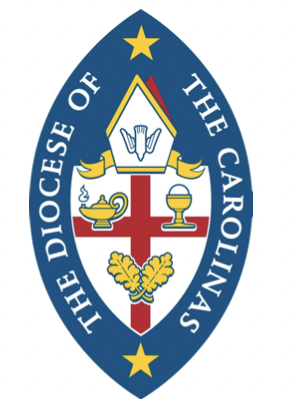ReMissioning Comes to the Great Lakes
/Canon Winfield Bevins was recently the keynote speaker for the Diocese of the Great Lakes Synod in Akron Ohio, which had nearly 200 in attendance from over 50 churches on May 15-16th. Canon Bevins’ talked about the need to Re-mission Anglican churches in North America by helping churches discover and live on mission to reach our nation for Christ. There are over 120 million unchurched people in the United States making it the largest mission field in the Western hemisphere.
Session one was on Re-missioning The Church. Many churches in the United States have either stopped growing or are in decline. This session offered practical tools to help churches discover and live on mission by introducing the 10 vital signs of church health that are based on the Re:Missioning Church Health Assessment.
Session two was on Re-missioning Pastors. Nearly fifteen hundred pastors leave the ministry each month due to moral failure or spiritual burnout. This session addressed the importance of clergy health and longevity as it pertains to the mission of the church.
Dr. Winfield Bevins is founding pastor of Church of the Outer Banks and Canon for Kardia. He is the author of several books, including Our Common Prayer and Creed. Winfield has a strong passion for planting and re-missioning churches. He has trained and coached church planters and pastors across the United States. He recently developed the Re:Missioning Church Health Assessment, which is being used by numerous churches and dioceses.







